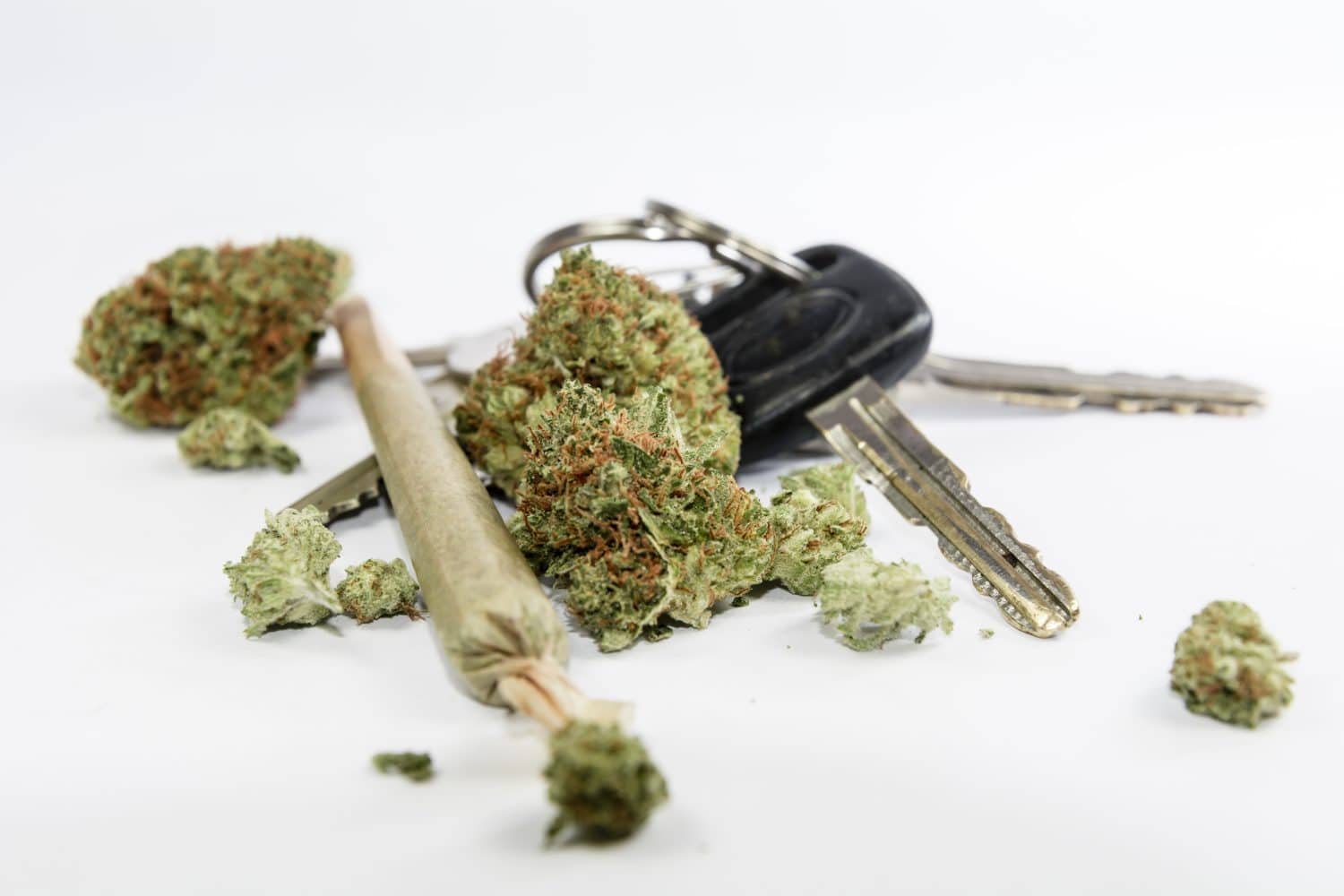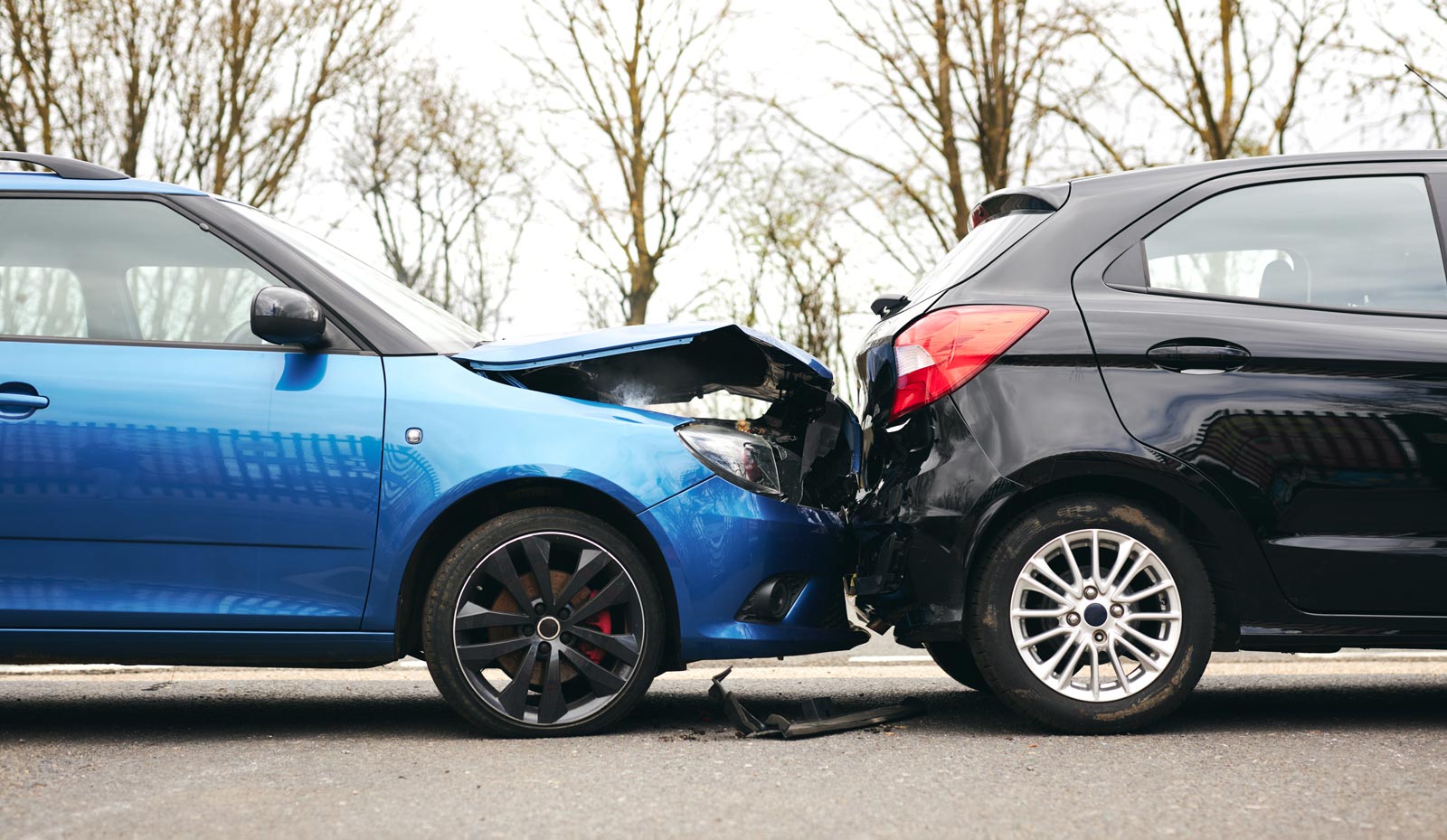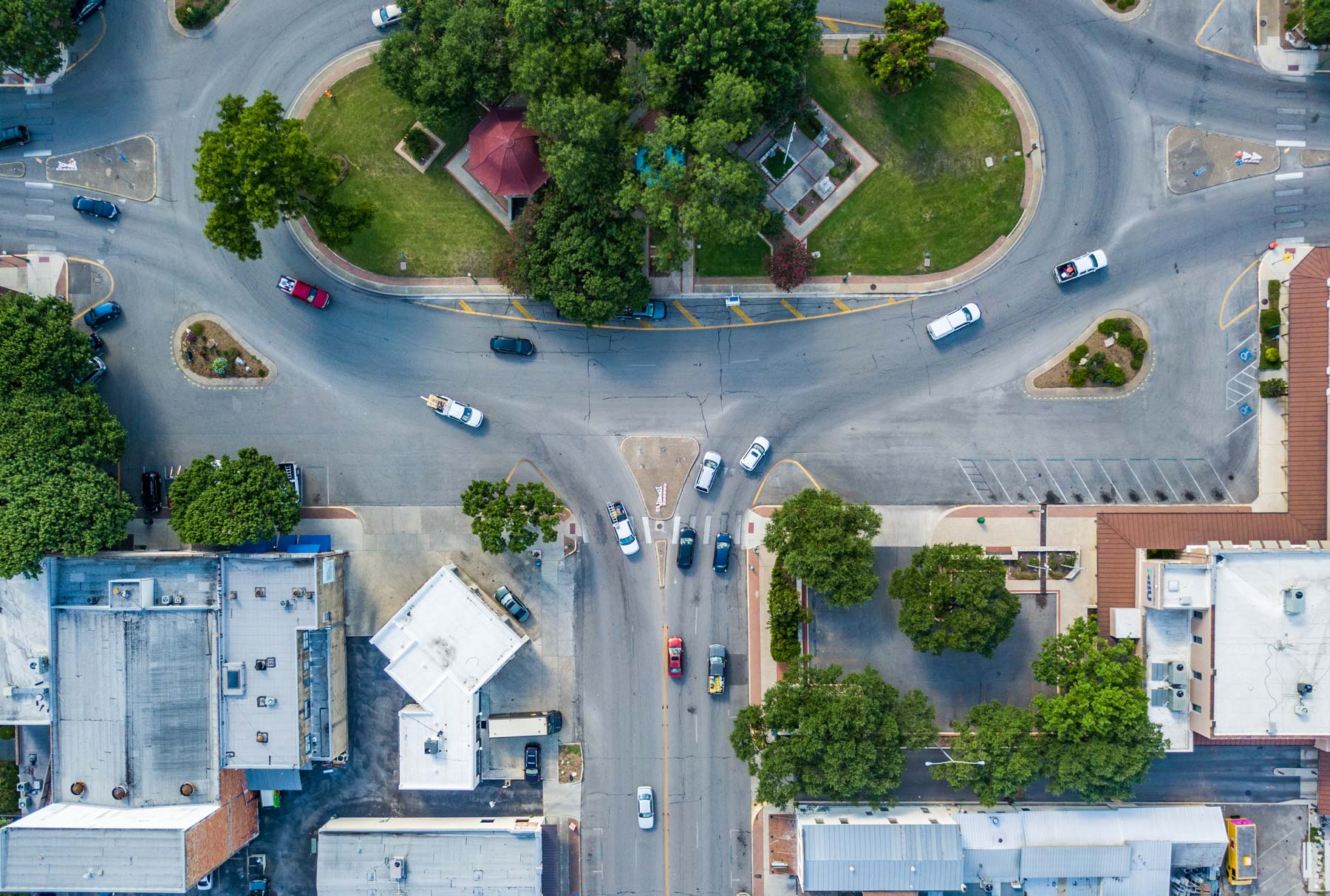In June 2019, Texas lawmakers legalized hemp, which contains less than 0.3% THC, the chemical which gives cannabis users a “high.” While recreational marijuana remains illegal in the state, this new law created a lot of confusion – and led some people to think that they could use and carry small amounts of marijuana.
If you or a loved one suffered injuries because someone was using CBD or marijuana products, you deserve answers. In this article, Crosley Law explains Texas’s marijuana and hemp laws, and what you can do to get justice after a car crash.
What’s the Difference Between Marijuana and CBD?
In June 2019, Texas passed a law legalizing hemp. Hemp and marijuana are both forms of cannabis; what sets them apart is their THC (tetrahydrocannabinol) levels. Texas and federal laws define “hemp” as cannabis that contains less than 0.3% THC. If a plant’s THC levels exceed this threshold, it’s marijuana.
However, legislators may not have fully considered the legal implications of this decision. Texas police officers currently do not have access to labs or tools that can differentiate hemp and marijuana. This led to a number of prosecutors, including the Bexar County district attorney, announcing that they would no longer pursue criminal charges against people carrying a small amount of marijuana or hemp. As a result, prosecution for the possession of marijuana dropped by more than 50%.
“Unfortunately, many people took this as a green light to possess and use recreational cannabis – even though it remains illegal in San Antonio and the rest of Texas.”
How Does Marijuana Affect the Brain?
Marijuana can reduce your ability to do tasks that require critical thinking and motor skills, like driving. Researchers have linked marijuana use to:
- Decreased reaction time: Reaction time is crucial for drivers, and marijuana can decrease the time it takes for drivers to notice and react to dangers and events while driving. Responding even mere seconds slower can mean the difference between a minor fender-bender and a severe crash.
- Impaired coordination: The feeling of peaceful detachment users experience often includes physical and spatial perception issues resulting in a lack of control over the body and poor coordination.
- Distorted perception: Perception is also affected by marijuana use. Things around the user can appear further or closer than they are, moving or stationary, faster or slower.
- Loss of memory: Users might have difficulty remembering where they are or where they’re going, or why they’re driving a car at all. Confusion while driving can make drivers with marijuana in their system even more dangerous.
- Compromised problem-solving: How do drivers react to a road hazard like a deer in the road? Or to a problem like missing their turn? Having compromised problem-solving abilities can cause devastating single-vehicle or multi-vehicle crashes.
Notably, when you combine marijuana and alcohol, the effects are even worse.
Why Can’t We Determine the Exact Effect of Marijuana on Driving?
Studies show that marijuana adversely affects many skills needed for safe driving, so why isn’t there more data on marijuana and car crashes? Although health and government organizations are interested in determining safe amounts of marijuana and whether the drug causes crashes, it isn’t that easy.
Unlike alcohol, there is no easy way to determine if someone is using marijuana, and how much, beyond their apparent state of impairment. Additionally:
- We don’t have breathalyzer or other roadside tests that can detect marijuana and drug use outside of a lab.
- Blood work can show marijuana in the user’s system weeks after use, making it impossible to tell if they used recently before crashing.
- If the driver has an illegal blood-alcohol content (BAC), the officer might not even consider or bother testing to see if they were also on a drug.
So, while we know the effects of marijuana on the brain and specifically on driving skills, there is not yet any data on its true effect on driving ability.
Can CBD Cause a Car Crash?
Most CBD products are made with hemp and are, therefore, legal. However, there are CBD products that exceed 0.3% THC – and you cannot use them in Texas without a valid medical marijuana license. However, just because CBD use is legal doesn’t mean that it won’t impair your driving. Many people report side effects from CBD, including drowsiness, lightheadedness, nausea, and low blood pressure.
If someone causes a car crash because of adverse side effects from CBD, they may be liable for your damages. Under Texas law, driving under the influence of either legal or illegal substances is against the law. However, it will take a sophisticated team of lawyers and experts to prove that CBD caused the crash.
Additionally, not all CBD oils and products are created equally. While there are reputable producers that rigorously test their products’ THC levels, others do not. This can lead to people unwittingly consuming illegal levels of THC that impair their driving. In these cases, you may have a claim against both the at-fault driver and the CBD manufacturer.
Crosley Law Stands Up For Victims of Drugged Driving Crashes
Have you been injured in a car crash caused by a drugged driver? At Crosley Law, we have extensive experience handling injury claims against impaired drivers. We can help you understand your legal options and suggest some practical next steps.
Call us at 210-LAW-3000 | 210-529-3000 or fill out our simple online form to get started towards your financial recovery today.
References
Centers for Disease Control and Prevention. (2017). What You Need to Know About Marijuana Use and Driving. Office of Noncommunicable Disease, Injury, and Environmental Health. Retrieved from https://www.cdc.gov/marijuana/health-effects/driving.html
Cruz, I. (31 October, 2019). Texas marijuana cases thrown out after hemp law change. News 4 San Antonio. Retrieved from https://www.mysanantonio.com/news/local/article/Bexar-County-to-stop-pursuing-low-level-pot-cases-14069942.php
Eaton, E. & Blakinger, K. (3 July, 2019). Bexar County will stop prosecuting some pot cases. My San Antonio News. Retrieved from https://www.mysanantonio.com/news/local/article/Bexar-County-to-stop-pursuing-low-level-pot-cases-14069942.php
The content provided here is for informational purposes only and should not be construed as legal advice on any subject.









